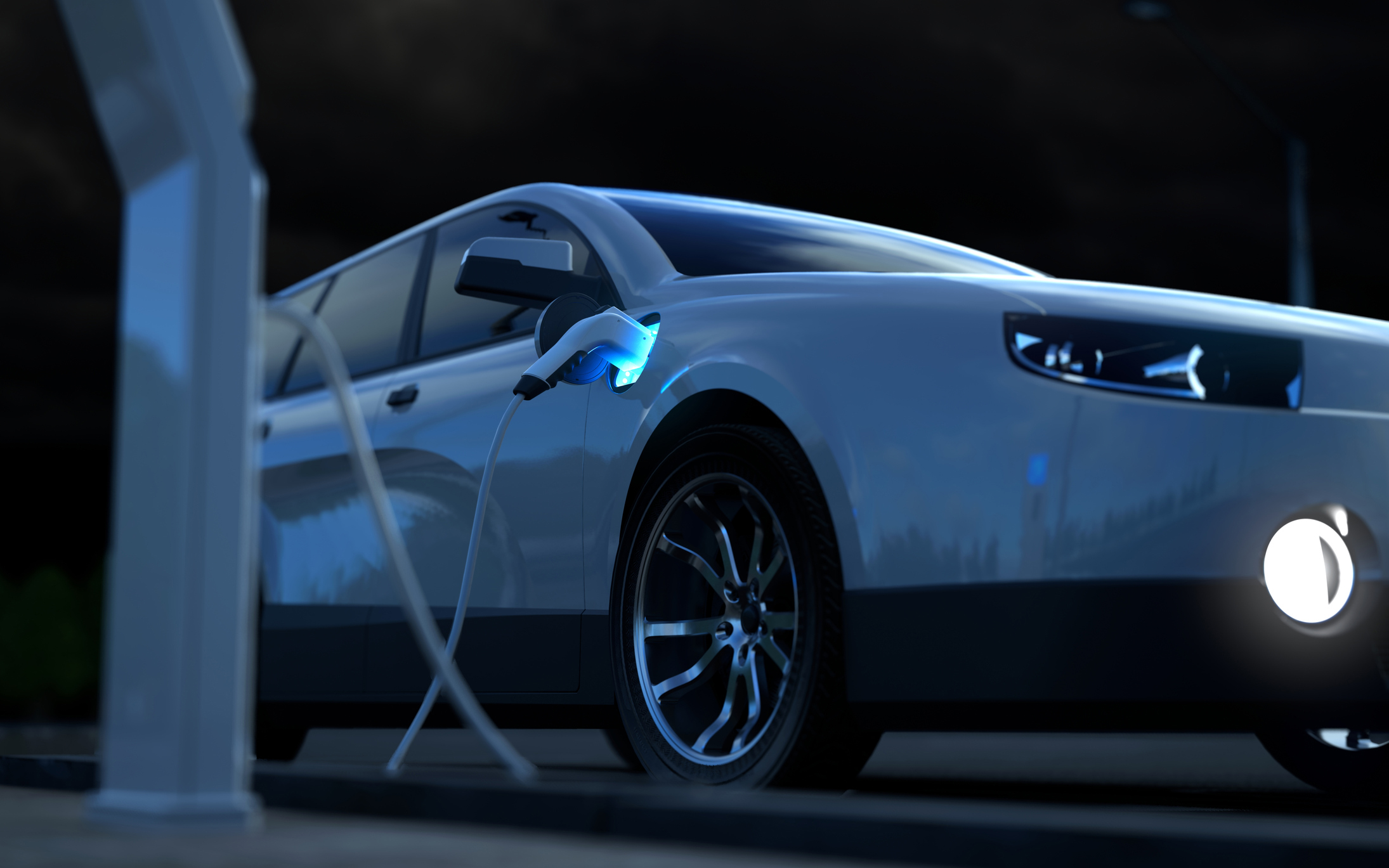
Introduction to EV
This course will provide you with the fundamentals of electric vehicles (EVs). We begin with a broad overview of the automotive industry, diving into its history and current trends. You will then learn the key differences between EVs and traditional gasoline vehicles. This course discusses the various types of EVs, including hybrids, plug-in hybrids, battery electric vehicles, and fuel-cell vehicles, highlighting the key features of each. You will also learn the key terms related to electricity, batteries, and charging systems. Next, the course focuses on the core components of battery electric vehicles (BEVs), where we will look at the essential components that make BEVs function as the upcoming modules focus specifically on BEVs. We will then uncover the unique features of BEVs, and you will learn about the key features that differentiate them from gasoline-powered vehicles. Finally, the course wraps up with a comprehensive overview of EV batteries, including the technology behind them and the various types of EV batteries.